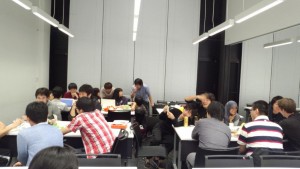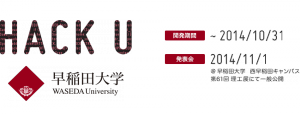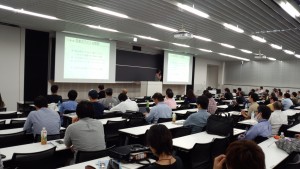Hidenori Nakai, Kiyoshi Honda, Hironori Washizaki, Yoshiaki Fukazawa, Ken Asoh, Kaz Takahashi, Kentarou Ogawa, Maki Mori, Takashi Hino, Yosuke Hayakawa, Yasuyuki Tanaka, Shinichi Yamada, Daisuke Miyazaki, “Continuous Product-Focused Project Monitoring with Trend Patterns and GQM,” Proceedings of the 2nd International Workshop on Quantitative Approaches to Software Quality, pp.XX-YY, in conjunction with the 21st Asia-Pacific Software Engineering Conference (APSEC 2014), Jeju, Korea, December 1, 2014. (to appear)
It is important for project stakeholders to identify a state of projects and quality of products. Although metrics are useful for identifying them, it is difficult for project stakeholders to select appropriate metrics and determine the purpose of measuring metrics. We propose an approach which defines the measured metrics by GQM method, and supports identifying tendency of projects and products based on Trend Pattern. Additionally, we implement a tool as Jenkins Plugin which visualizes an evaluation results based on GQM method. We perform an experiment with OSS and industrial case study with two software development projects. In our experiment, we can identify the problem and project tendency. In our industrial case study, we can also identify the problem that project contains. As our future work, we adopt our approach and GQM Plugin to software de-velopment project continuously to assess the effectiveness of them in long term.





